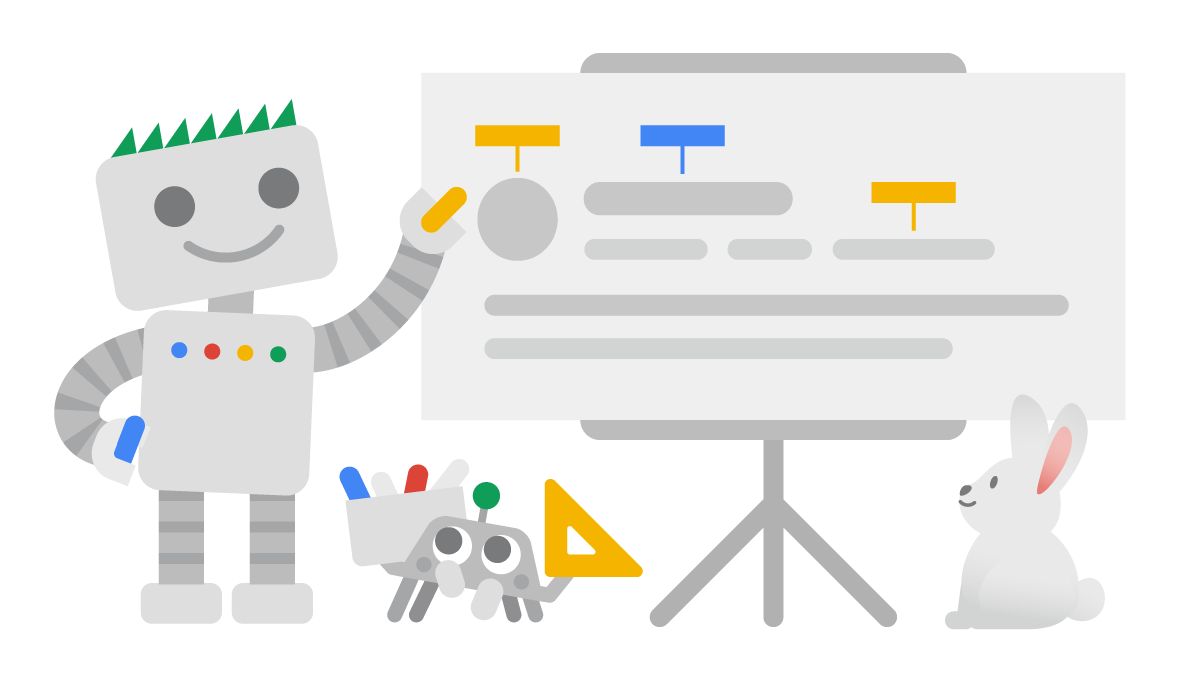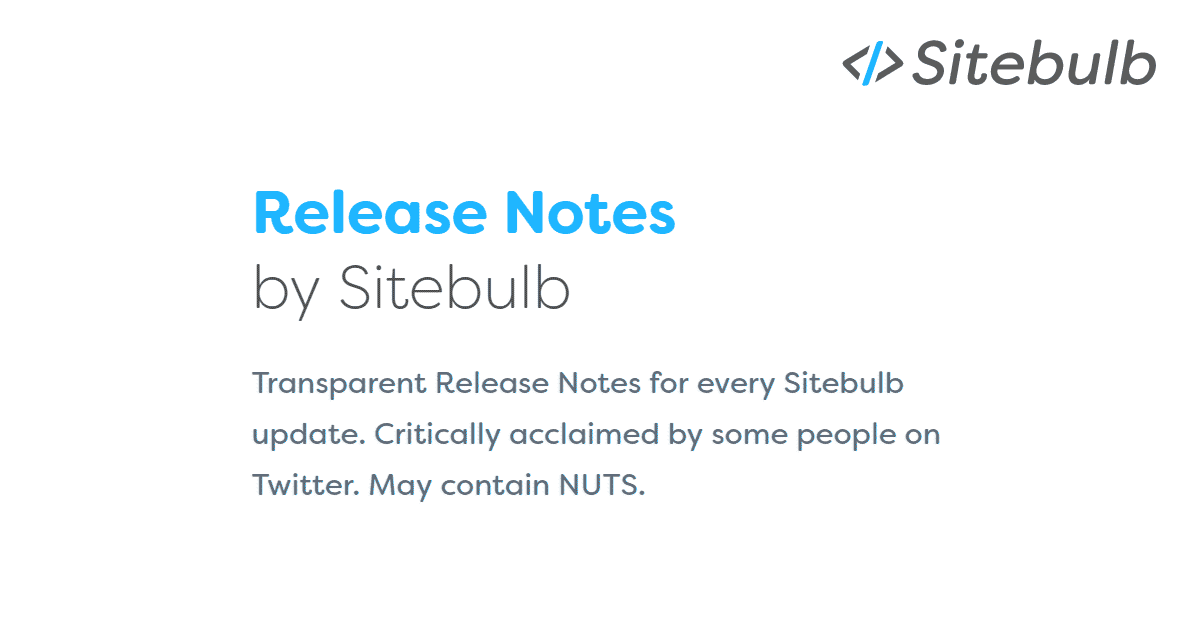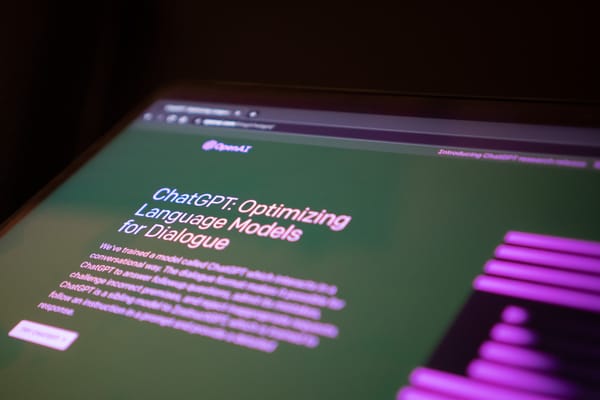Welcome to the first edition of my SEO newsletter for this year. In December, we saw a lot of exciting developments in the world of search engine optimization.
Google reacted to ChatGPT, there were a couple of smaller Google updates and tweaks - such as continuous scrolling on desktop SERPs.
Also, E-A-T became E-E-A-T 🤷♂️ More details are below.
Here are some of the most important news and updates that you need to know about:
Google Reacts to ChatGPT
The great popularity of ChatGPT has not gone without a reaction at Google.
Google's management has reportedly issued a "code red" in response to the rising popularity of the AI chatbot ChatGPT, which has sparked fears that it may one day replace Google's search engine.
CEO Sundar Pichai has directed numerous teams within the company to refocus their efforts on developing AI products to address the threat of ChatGPT. Employees have been tasked with building AI products that generate art and graphics.
Google Updates
On December 5th, Google released another helpful content update, followed by another update focused on link spam on December 14th.
The Link Spam update uses a special algorithm called SpamBrain AI to help it find websites that are buying links or passing links to other websites.
The Dec. 2022 helpful content update was released Dec. 5, starting to become more visible today & will take about two weeks to fully roll out. It improves our classifier & works across content globally in all languages. Our help page explains more: https://t.co/MS7hbcBTsp
— Google Search Central (@googlesearchc) December 6, 2022

The rollout of these updates was a bit prolonged due to the holidays.
Smaller Updates and Tweaks
On December 5th, Google released continuous scrolling on desktops in English. With continuous scrolling, users will now be able to view up to six pages of results when they reach the bottom of a search results page.
Starting today, we’re bringing continuous scrolling to desktop in English in the U.S. so you can continue to see more search results easily. When you reach the bottom of a search results page, you'll now be able to see up to six pages of results. pic.twitter.com/xIuVP24FFm
— Google (@Google) December 5, 2022
Google also introduced the Google Search Status Dashboard - a new tool that provides the public with an understanding of the current status of crawling, indexing, and serving systems used by Google Search. It offers features such as an RSS feed and historical data, and provides updates on incidents within an hour and consecutive updates within 12 hours.
Google has announced they are testing a feature to allow users to search text within video content. This feature allows users to type in queries to search for information within videos, and then find the relevant time and text within the video. This feature is being piloted in India and the US, and examples have been shared of it working successfully.
Topics in Google’s Search Results
Google has introduced Topics, a new feature that makes it easier to narrow down search results. The feature is located at the top of the search results page and presents an easy-to-scroll list of related topics.
Search results can be refined by tapping on a topic and adding it to the query, enabling users to quickly zoom in or backtrack on a search with less typing. Topics are dynamic and will change based on the user's input.

New Visual Elements Gallery
The Visual Elements Gallery is a new tool from Google designed to help users identify the most common and impactful visual elements of a search results page.
It contains 22 elements, including Attribution, Text Results, Video and Image Results, and Exploration Features.
The Gallery also provides abstract illustrations of how each element may appear on a search result page. In the future, new elements may be added to the Gallery as they become popular on search results pages.

E-A-T —> E-E-A-T
Google has updated its Quality Rater Guidelines (QRG) for search, introducing a new concept of E-E-A-T: Experience, Expertise, Authority, and Trust.
With this reframing, Google states that “trust” is the most important factor and outlines how raters should consider the reputation of websites and content creators.
They also ask raters to consider the experience of the content creator, and what the website and others say about it, to assess trust. This update helps inform what Google is looking for in terms of content quality, user experience, and E-E-A-T of websites.


New Version of Sitebulb
Sitebulb published a new version with an automated Google Sheets upload feature, Looker Studio support, and copying project settings. All these updates might seem small, but it's a great step forward for those who want to turn Sitebulb in a SEO powerhouse managing multiple projects.

Google and CALM
Google's new technology, CALM (Confident Adaptive Language Modeling) is a breakthrough that allows large language models to speed up processing without compromising performance.
It dynamically allocates resources based on the complexity of the task, allowing the AI to devote more resources to the more difficult parts of the task. This has been tested on various natural language processing tasks, resulting in a 300% speed increase.
The research paper was published on Google's AI blog on December 16, 2022, and is dated October 25, 2022.















Member discussion